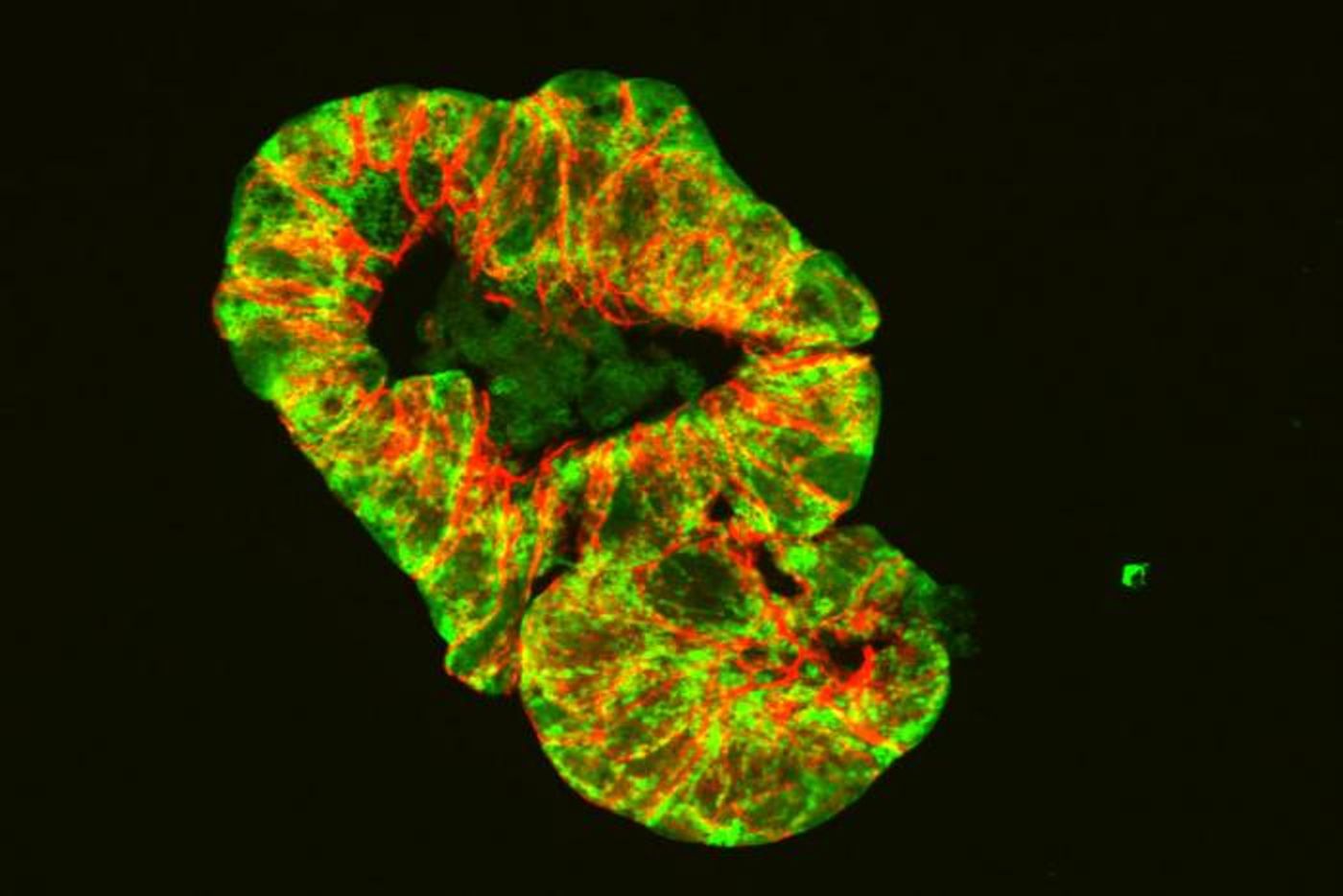Mitochondrial Dysfunction Disrupts Microbiome, Leading to Crohn’s Disease

A new study published in Cell Host & Microbe reveals how mitochondrial dysfunction can disrupt the gut microbiome, contributing to the development of Crohn’s disease. Researchers from the Technical University of Munich (TUM), led by Prof. Dirk Haller, used intestinal organoids and a mouse model to investigate how mitochondrial impairment influences gut tissue and microbiome composition.
The disruption of the Hsp60 gene, essential for mitochondrial function, led to changes in intestinal epithelium and gene expression similar to those observed in Crohn's patients. Moreover, significant shifts in the gut microbiome were noted, reinforcing the link between mitochondrial dysfunction and intestinal inflammation.
These findings present a potential new therapeutic approach for Crohn’s, shifting the focus from inflammation to restoring mitochondrial function and microbiome balance. Prof. Haller emphasized that targeting mitochondrial pathways or microbiome-mitochondria interactions could offer a promising avenue for treatment.
Image Description:
An intestinal organoid model with epithelial cells (red) and mitochondria (green). Credit: Lehrstuhl für Ernährung und Immunologie / TUM.
























































